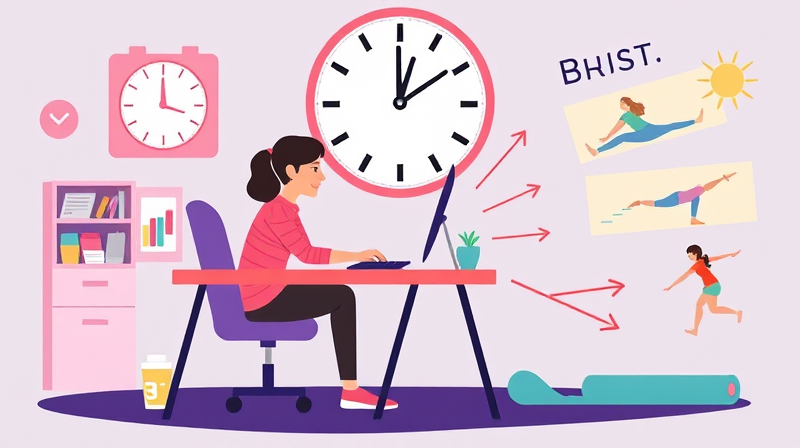Event planning for long-duration events can be both exhilarating and exhausting. The key to success lies in the balance between comprehensive preparation and restful recovery. When you achieve this balance, you not only ensure the event’s success but also contribute to your own well-being. This article shares practical strategies and inspiring insights drawn from industry experts to guide you toward a more balanced, fulfilling planning journey.
Effective time management is the cornerstone of successful event planning. It is essential to create a detailed timeline that breaks down every facet of your project. Start by segmenting your preparations into phases such as strategic planning, promotion, logistics, and final touches. This structured approach helps you focus on one task at a time without feeling overwhelmed.
Adopt Tools and Techniques for Streamlined Planning
One way to support your planning process is by utilizing technology. Modern event management software offers features that reduce administrative burdens, automate repetitive tasks, and keep track of critical deadlines. This technology acts as your trusted assistant, allowing you to devote more time to creative problem solving and self-care.
Delegation and outsourcing are also critical aspects of a balanced planning strategy. Rather than trying to manage every detail yourself, share responsibilities among your team members. When you delegate tasks, you not only lighten your workload but also empower your team, each member contributing their specialized knowledge. Additionally, consider outsourcing certain elements of the event to professionals who specialize in those areas. This collaboration ensures that every detail is managed with precision.
Building your schedule with rest in mind is equally important. Experts recommend implementing regular breaks during intensive planning sessions. Scheduling short breaks every 45-60 minutes can help rejuvenate your mind. Moreover, planning longer periods of rest after demanding work sessions encourages mental recovery, ensuring you return to your tasks with renewed energy.
This holistic approach goes beyond simply planning events and extends to taking care of your overall health. Incorporating mindfulness and stress-reduction techniques into your routine, such as short meditation sessions, can help maintain calm and improve concentration.
Here are some steps to create a balanced schedule:
- Prioritize your tasks: Divide your workload into manageable segments and allocate specific times to each task.
- Automate where possible: Use event management tools to streamline workflow and set reminders for deadlines.
- Delegate effectively: Rely on your team and trusted external partners to share the responsibilities.
- Schedule breaks: Integrate short breaks and occasional days off into your planning timeline.
Prioritizing sleep is essential in this high-pressure environment. Consistent, quality sleep replenishes your energy and enhances your cognitive abilities, ensuring that you remain effective and creative throughout the event planning process. Aim for at least 8 hours each night to foster both physical and mental recovery.
Another effective strategy is to create contingency plans. By having backup options in place—be it alternative vendors, support staff, or even creative ideas—stress levels can be significantly reduced. Knowing you have a Plan B provides reassurance, reducing anxiety and making it easier to rest when needed.
Setting boundaries is also crucial. Define a clear line between your work and personal life. Limit checking emails or work messages during bedtime and off hours, and consider an out-of-office response to set expectations with colleagues. This practice not only nurtures your personal space but also ensures you have dedicated time for recovery.
A balanced approach to planning also embraces healthiness and physical activity. Regular exercise and a balanced diet are important; they not only reduce stress but also improve overall physical stamina. This vitality directly impacts your efficiency and decision-making abilities during the more demanding phases of event planning.
As you progress, make it a habit to reflect and celebrate small wins. Recognizing your achievements—even minor milestones—can boost morale and provide the motivation needed to manage larger challenges. These mini-celebrations serve as reminders that your hard work is paying off, reinforcing a positive mindset that fuels further success.
In conclusion, balancing extended event preparation with proper rest is about creating a well-rounded strategy that includes time management, technology, delegation, regular breaks, sound sleep, and self-care practices. When these elements are harmonized, they not only pave the way for a successful event but also nurture the event planner’s long-term well-being and sustained creative spirit.
Embrace these strategies and let them inspire you to approach event planning with renewed energy and clarity. Your journey in orchestrating memorable events can be both productive and fulfilling when you prioritize rest and balance alongside diligent preparation.








